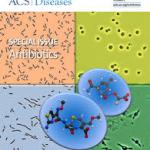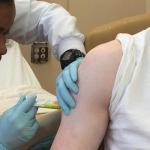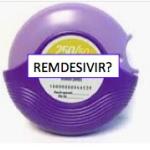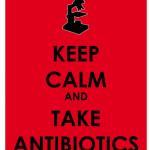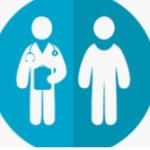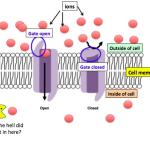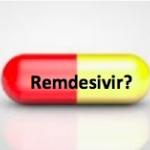Last week, a special issue of the American Chemical Society Infectious Diseases journal focusing on antibiotics was published. This issue is a great collection of science, researc
Drugs & Pharmaceuticals
The FDA just revoked the emergency authorization of chloroquine and hydroxychloroquine (HCQ) - two malaria drugs that were supposed to help control coronavirus infection. But they were strong on hype and weak on results.
There are a plethora of drugs and vaccines in the pipeline to treat or prevent COVID-19, the disease caused by the novel coronavirus, SARS-CoV-2. How many of them are likely to be successful?
Reprinted by permission. Dr. Popovian's original opinion piece can be found here.
###
Over the past few months I've been arguing that remdesivir, the only approved drug for SARS-2 infection, was never going to make a meaningful impact on COVID because it is an IV-only drug, meaning that it will only be administered to ver
I want to return to my favorite topic, antibiotics, viewed through the lens of the COVID-19 pandemic. Of course, as is probably true for all of us, my perspective is colored by my own history and experience.
The endless daily reports of possible vaccines and potential drugs to treat coronavirus all mention the need for clinical trials before the drug or a vaccine can be approved for use, but without making it clear what the trial involve.
Sometimes science makes sense.
Is sticking your finger down your throat a pleasant experience? (Sorry, bulimics excluded)
How about sticking it down there and leaving it for three weeks? This is not a gag (sorry).
One of the many horrors that drug discovery chemists constantly wrestle with is called pharmacokinetics (PK) – the science of what the body does to a drug (1).
